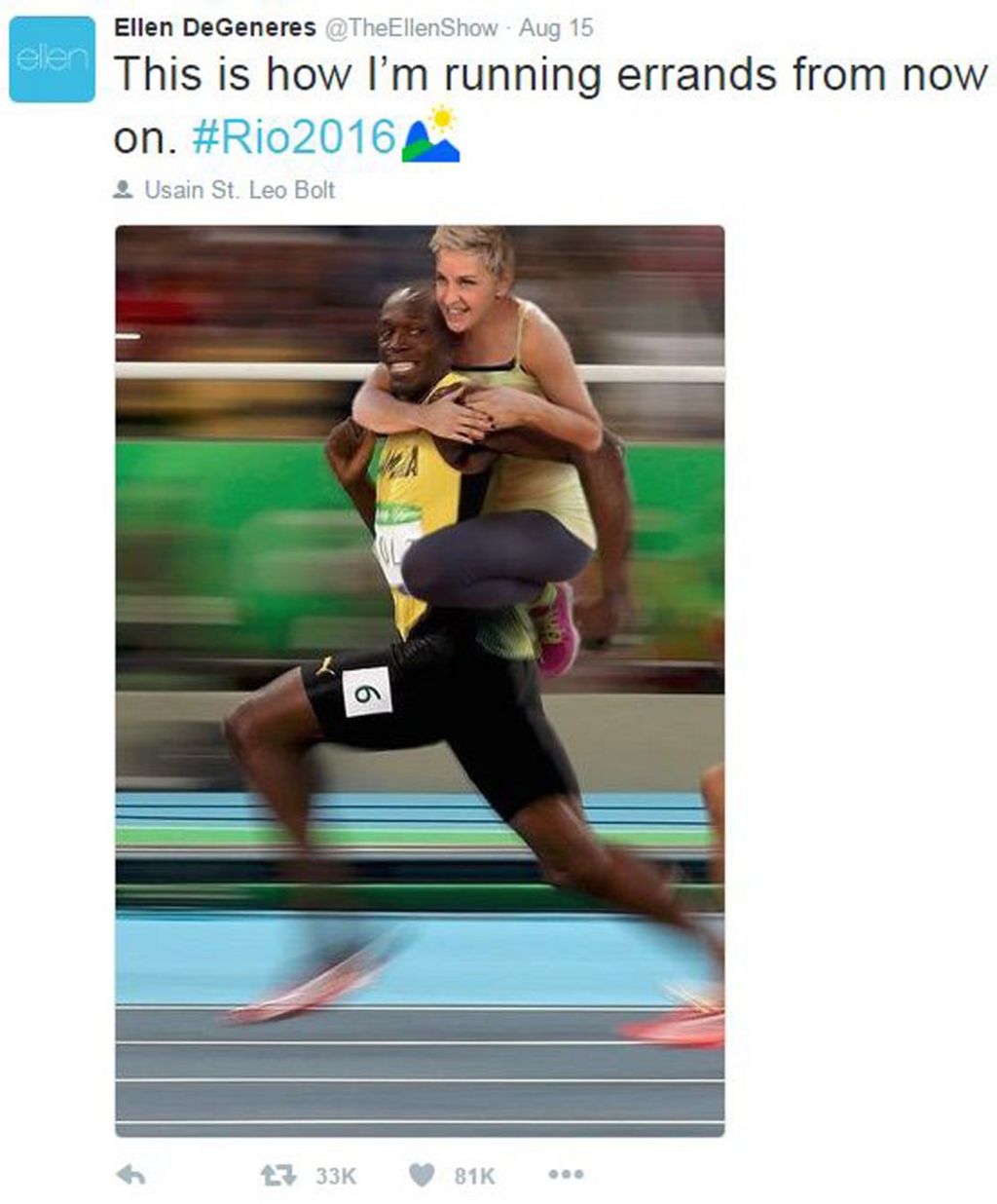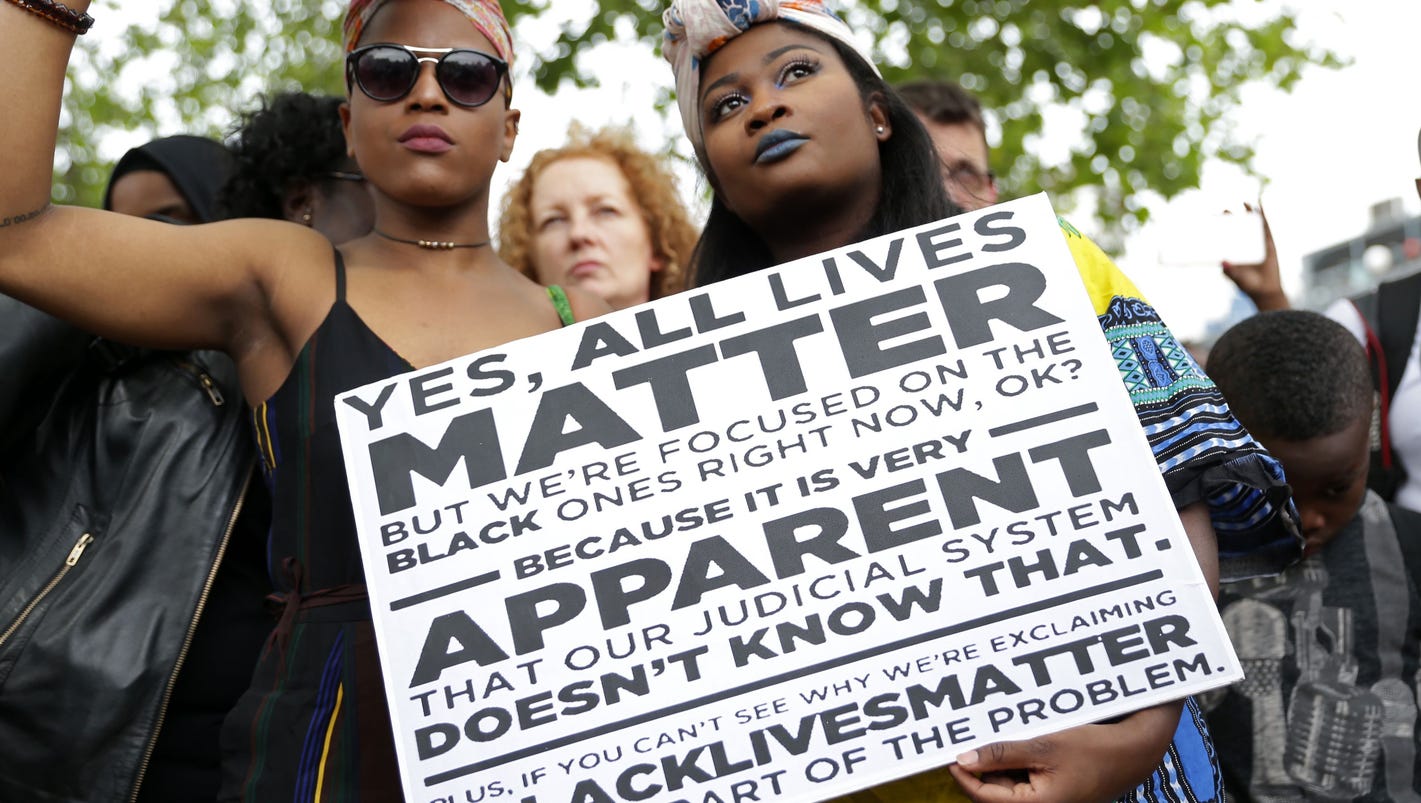Let’s talk about something that’s been around for way too long—racist black jokes. They’ve been part of comedy, conversations, and even some awkward moments in history. But here’s the thing: is it really okay to laugh at someone’s race? Or are these jokes doing more harm than good? Today, we’re diving deep into this controversial topic and exploring the impact of such humor on society.
Now, before you think this is just another article telling you what to think, let me assure you—it’s not. We’re here to understand the history, psychology, and cultural implications of racist jokes. Whether you’re someone who’s laughed at these jokes or someone who’s been on the receiving end, this conversation matters. Let’s unpack it together.
Humor has always been a powerful tool in human interaction. It can bring people together, ease tension, and even challenge social norms. But when that humor crosses the line into racism, it becomes a dangerous game. That’s why we’re going to explore the fine line between harmless jokes and harmful stereotypes. Ready? Let’s get started.
Read also:Ximena Saenz Leaks The Story Behind The Controversy
Understanding the History of Racist Black Jokes
Racist black jokes haven’t just popped up out of nowhere. They’ve been embedded in our cultural history for centuries. From minstrel shows in the 1800s to modern-day memes, these jokes have evolved but never truly disappeared. Let’s take a quick trip down memory lane to see how this type of humor has shaped our society.
In the early days of American entertainment, blackface performances were all the rage. Performers would paint their faces black and act out exaggerated stereotypes of Black people. These shows were seen as comedic gold back then, but today, they’re a stark reminder of how far we’ve come—or haven’t.
Fast forward to the 21st century, and you’ll still find traces of this harmful humor in media, social platforms, and everyday conversations. The question is: why do these jokes persist, and what does it say about us as a society?
Why Do People Tell Racist Jokes?
Here’s the thing: people tell racist jokes for a variety of reasons, and not all of them are malicious. Some do it out of ignorance, others for shock value, and some genuinely believe it’s funny. But let’s break it down a little further:
- Insecurity: Sometimes, people use humor as a way to cope with their own insecurities or discomfort around race.
- Social Acceptance: Others might tell these jokes to fit in with a group that shares similar views, even if they don’t personally agree.
- Lack of Awareness: Unfortunately, some people simply don’t realize the harm these jokes can cause because they haven’t been exposed to diverse perspectives.
Whatever the reason, it’s important to acknowledge that telling racist jokes isn’t just about being "edgy" or "funny." It’s about perpetuating harmful stereotypes that can have real-world consequences.
The Psychological Impact of Racist Black Jokes
So, what happens when someone hears a racist joke? The effects can vary depending on the listener’s background and personal experiences. For some, it might be a quick laugh and then they move on. For others, it can trigger feelings of anger, hurt, or even fear.
Read also:Jolly Rogers Port Clinton Ohio The Ultimate Adventure Awaits
Studies have shown that exposure to racist humor can desensitize people to discrimination and make them more tolerant of prejudiced behavior. In other words, laughing at racist jokes can normalize racism in our minds. Yikes, right?
On the flip side, those who experience racism firsthand might internalize these jokes and start questioning their own worth. It’s a vicious cycle that needs to be broken if we want to create a more inclusive and empathetic world.
Can Racist Jokes Ever Be Funny?
This is where things get tricky. Can a joke about race ever be considered funny without being offensive? Some comedians argue that humor can be a tool for social commentary and even healing. Think about it—when done right, comedy has the power to challenge societal norms and spark important conversations.
But here’s the catch: context matters. Who’s telling the joke? Who’s laughing? And most importantly, who’s being affected by it? If the joke is coming from someone who’s part of the marginalized group, it might carry a different weight. But if it’s being told by someone outside that group, it can easily come across as exploitative or insensitive.
Cultural Sensitivity in Humor
Let’s talk about cultural sensitivity for a moment. In today’s globalized world, it’s more important than ever to be mindful of how our words and actions affect others. This extends to humor as well. Just because something might seem funny to you doesn’t mean it’s going to land the same way with everyone else.
Take social media, for example. A poorly timed or thoughtless joke can go viral in seconds, leading to public outrage and even career-ending consequences. It’s a harsh reality, but one that highlights the importance of being culturally aware in our interactions.
How to Navigate Humor in a Diverse World
So, how do we navigate humor in a world that’s becoming increasingly diverse? Here are a few tips:
- Listen First: Before cracking a joke, consider the perspective of those around you. Would they find it funny, or would it offend them?
- Ask Questions: If you’re unsure about something, don’t hesitate to ask. Most people are happy to share their thoughts and help educate others.
- Be Open to Feedback: If someone calls you out for a joke that crossed the line, don’t get defensive. Instead, use it as an opportunity to learn and grow.
At the end of the day, humor should bring people together, not drive them apart. By being more mindful of our words and actions, we can create a culture of respect and understanding.
The Role of Media in Shaping Perceptions
Media plays a huge role in shaping our perceptions of race and humor. From TV shows to movies to social media platforms, the content we consume can either challenge or reinforce harmful stereotypes. Let’s take a closer look at how media influences our views on racist black jokes.
For decades, Black characters in media were often portrayed through a narrow lens of stereotypes. Think of the "angry Black woman" trope or the "lazy Black man" stereotype. These portrayals not only perpetuate harmful biases but also limit the diversity of stories being told.
Thankfully, things are starting to change. More and more content creators are pushing back against these stereotypes and showcasing the richness and complexity of Black culture. But there’s still a long way to go.
Breaking Down Stereotypes Through Humor
Some comedians are using humor as a way to break down stereotypes and challenge societal norms. By flipping the script and turning stereotypes on their head, they’re able to create laughter while also sparking important conversations.
Take Dave Chappelle, for example. His stand-up routines often tackle sensitive topics like race, gender, and sexuality in a way that’s both thought-provoking and hilarious. While not everyone agrees with his approach, it’s undeniable that he’s pushing boundaries and encouraging people to think critically about these issues.
Legal and Ethical Implications
When it comes to racist black jokes, there are both legal and ethical considerations to keep in mind. While freedom of speech is protected in many countries, there are limits to what can be said, especially in professional settings.
In the workplace, for instance, telling racist jokes can lead to disciplinary action, lawsuits, or even termination. Employers have a responsibility to maintain a respectful and inclusive environment for all employees.
Ethically speaking, we all have a responsibility to treat others with dignity and respect. This means being mindful of our words and actions and avoiding anything that could harm or offend others.
Creating a Culture of Respect
So, how do we create a culture of respect in our daily lives? It starts with small actions:
- Practice Empathy: Try to see things from someone else’s perspective before making a joke or comment.
- Speak Up: If you witness someone telling a racist joke, don’t stay silent. Gently point out why it’s problematic.
- Lead by Example: Be the change you want to see in the world. Show others that humor can be funny without being hurtful.
By taking these steps, we can create a more respectful and inclusive society for everyone.
Conclusion: Where Do We Go From Here?
Let’s recap what we’ve covered so far. Racist black jokes have a long and complicated history that’s deeply intertwined with societal norms and cultural perceptions. While some might argue that they’re harmless, the reality is that they can have serious psychological and social consequences.
As we move forward, it’s important to approach humor with sensitivity and awareness. By being mindful of our words and actions, we can create a world where laughter brings people together instead of tearing them apart.
So, what can you do? Start by educating yourself and others about the impact of racist humor. Challenge harmful stereotypes whenever you see them. And most importantly, be the change you want to see in the world. Together, we can create a more inclusive and empathetic society for everyone.
And hey, if you’ve made it this far, thanks for sticking around! Now, I’d love to hear your thoughts. Do you think racist jokes can ever be funny? Or is it time to retire them altogether? Drop a comment below and let’s keep the conversation going.
Table of Contents
- Understanding the History of Racist Black Jokes
- Why Do People Tell Racist Jokes?
- The Psychological Impact of Racist Black Jokes
- Can Racist Jokes Ever Be Funny?
- Cultural Sensitivity in Humor
- The Role of Media in Shaping Perceptions
- Legal and Ethical Implications
- Breaking Down Stereotypes Through Humor
- Creating a Culture of Respect
- Conclusion: Where Do We Go From Here?


